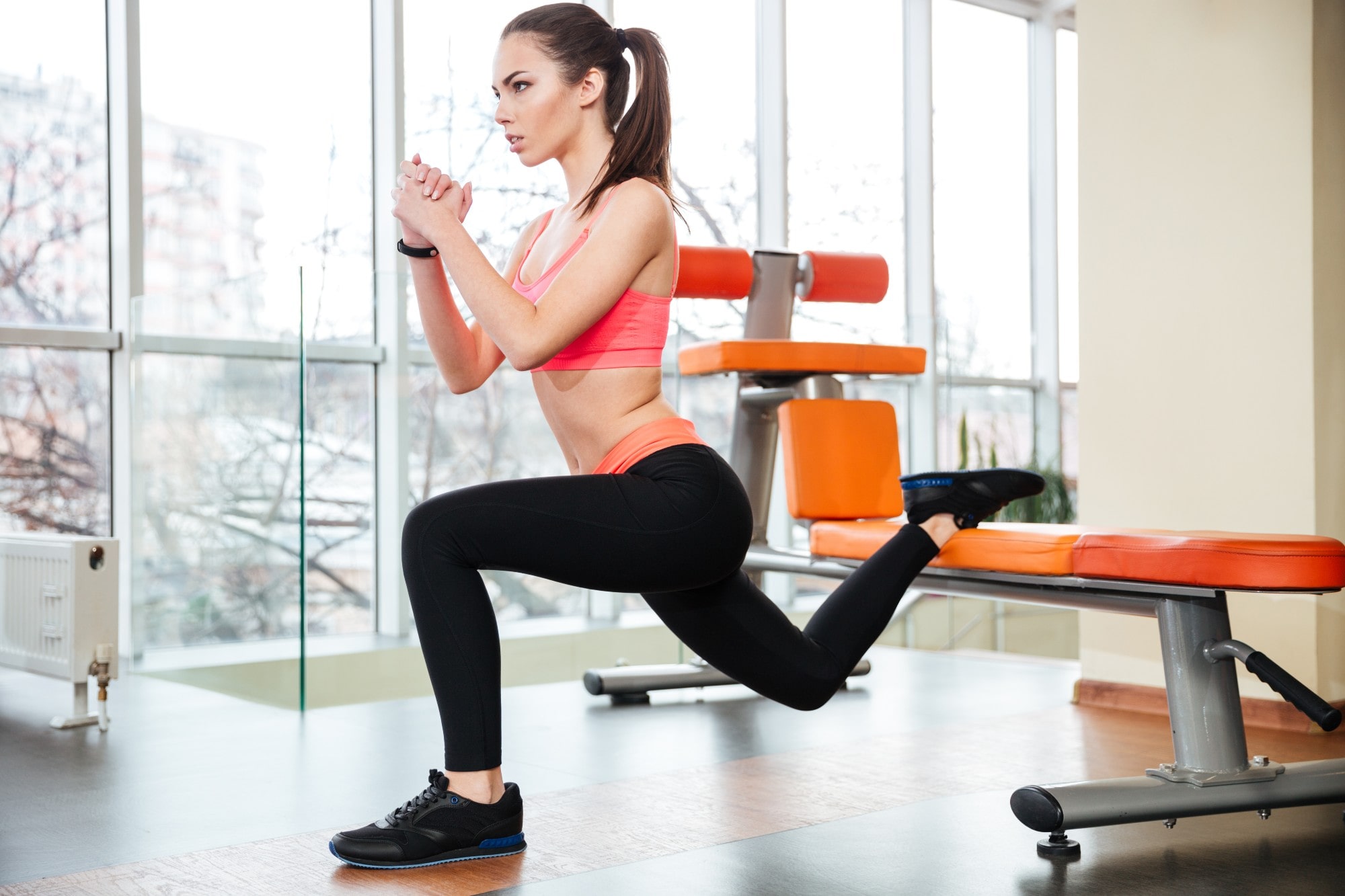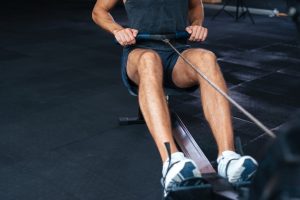
If you’ve recently gained weight and noticed you now have varicose veins, you may wonder if it’s a coincidence or if there is a connection. Can varicose veins improve or go away with weight loss? And why did you get varicose veins in the first place? Here’s what you need to know.
Varicose veins are a sign that the valves in your veins are weakening. They struggle to pump blood as efficiently as they should, and the blood sits in the veins, which causes the blue, bulging look you can see in your skin.
You may develop varicose veins when you gain weight because the veins come under more pressure. The valves in the veins can become damaged, leading to more significant weakness.
Varicose veins can ache and feel uncomfortable, though they remain a cosmetic issue for most people. You may experience cramps or swelling where the veins pop up, and sometimes they itch.

If your varicose veins emerged when you gained weight, you might assume they will go away if you lose weight. Unfortunately, varicose veins generally don’t disappear. You can get treatment for them, but once you have them, getting rid of them can prove challenging.
While your varicose veins may have arrived at the same time you gained weight, other factors may have played a role as well. All of the following can impact your chances of getting varicose veins:
Obesity can contribute to varicose veins, and so can being sedentary. While losing weight is not guaranteed to reduce your varicose veins, it can decrease the pain associated with them. Adopting a better diet and exercising more can lessen the effects of the condition as well.
You can seek treatment for varicose veins to lessen their appearance and address any discomfort they may cause. Get in touch with Central Florida Vein & Vascular Center to learn more. We can discuss your condition and how long you’ve had it and get you the treatment you need.